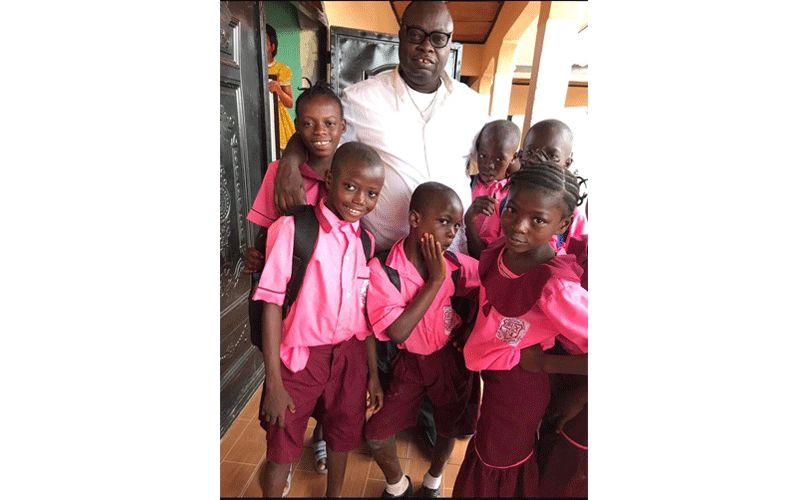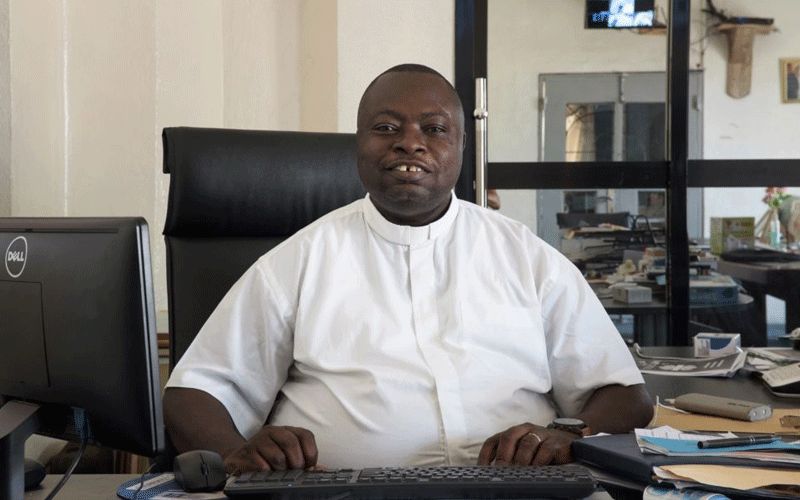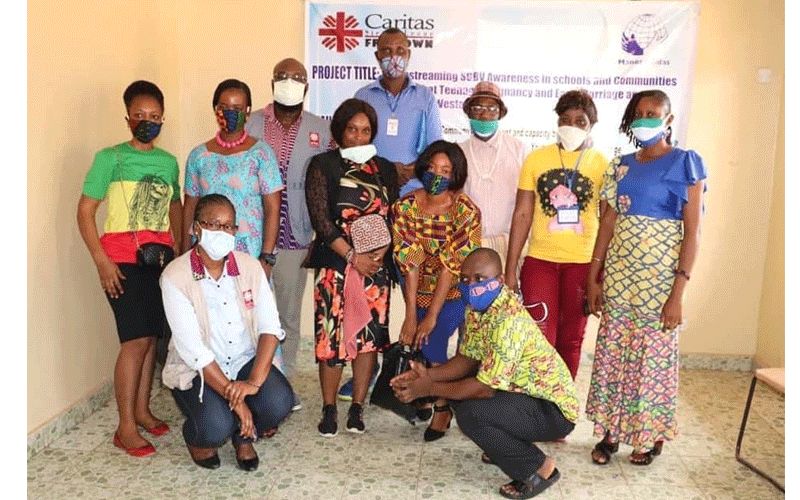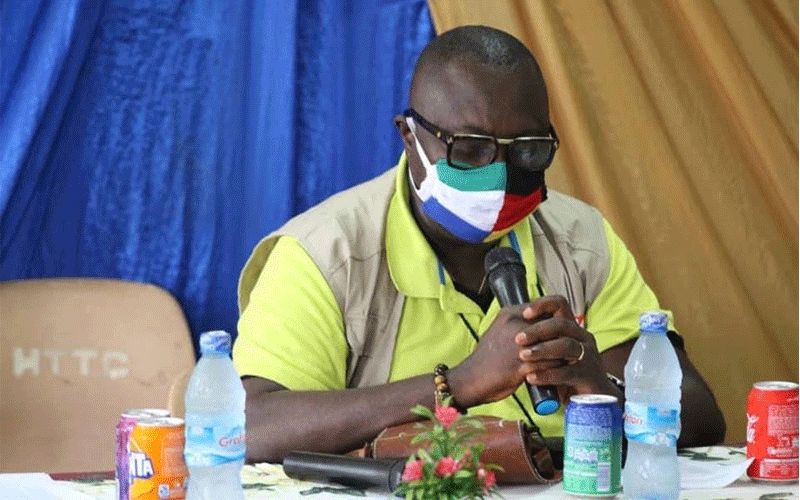And one of the cases that St. Mary’s Interim Child Care Centre has taken up in pursuit for justice, Fr. Konteh says, is of a seven-year old who was allegedly raped repeatedly by a 70-year-old man.
Some of the sexual crimes are perpetrated by influential people and people in leadership positions, Fr. Konteh discloses to ACI Africa, and highlights an incident in which a respected politician was caught in the act, sexually molesting a 15-year-old girl.
According to the Sierra Leonean Cleric, the rape of minors also has a ritual inclination, where some believe that having sexual relations with virgins brings with it prosperity in life.

The fight against sexual violence in Sierra Leone by Church groups and civil society organizations has always been deterred by an inefficient legal system and high poverty levels and corruption where perpetrators of the heinous crimes bribe their way out of legal processes.
(Story continues below)
Caritas Freetown leadership shares that between 2013 and 2014 when the Ebola outbreak hit Sierra Leone, teenage pregnancies skyrocketed in the country, a situation that was accompanied by a high rate of school dropout in underage girls.
As a result of this, officials of the charity and development arm of the Catholic Archdiocese of Freetown say that high poverty levels have been recorded in women in the country, thereby snatching them a voice in the occasion that they become victims of social injustices.

Additionally, the country has, for years, lacked equipped medical facilities to test for abuse and to provide scientifically proven evidence that a victim has actually been raped, the Caritas Freetown Director says.
“We didn’t have testing centers to verify claims of rape by testing DNA. But recently, the government started installing well-equipped testing centers in many parts of the country and we hope that it will be easier to get such evidence to use in court. Initially, it was just the victim’s word versus the rapist and it never helped,” he says.
The other gain in the fight against SGBV is the review of the child and sexual gender act by lawmakers in Sierra Leone which, among other provisions, will see an increase in the number of years that a child molester spends in jail in the country.
Sierra Leone has also, reportedly, set up a special court to tackle swelling cases of rape in a move intended by the government to build the confidence of victims and to get them reporting their cases without fear of victimization.

At St. Mary’s Interim Child Care Centre, victims of sexual abuse find the conducive environment they require in pursuit of justice with the help of various entities, including Caritas Freetown, Salesians of Don Bosco (SDB) who have a number of initiatives that target the vulnerable children in the country, as well as other organizations that support efforts to eradicate SGBV in the West African country.
Sisters of the Handmaids of the Holy Child Jesus tend to the children at the Centre that was initially a reserve for orphans and children who were left homeless following the outbreak of Ebola.
“We built the Centre in 2014 to provide a safe residence for homeless children and orphans. But when the fight for justice for sexual assault victims became a challenge in the country, we opened an arm for these equally vulnerable group,” Fr. Konteh says.
The children undergo counselling and mentorship and are taught to be assertive in preparation for their accounts in court.
This story was first published by ACI Africa on 3 August 2020
Agnes Aineah is a Kenyan journalist with a background in digital and newspaper reporting. She holds a Master of Arts in Digital Journalism from the Aga Khan University, Graduate School of Media and Communications and a Bachelor's Degree in Linguistics, Media and Communications from Kenya's Moi University. Agnes currently serves as a journalist for ACI Africa.














